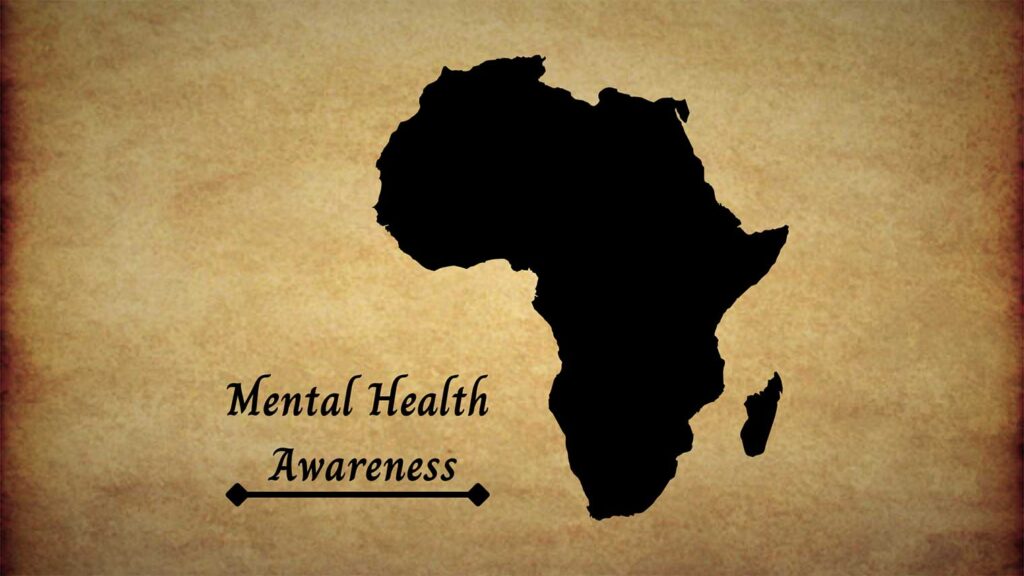When it comes to relationships, love is often seen as the glue that holds everything together. But what happens when you decide to marry someone with a mental illness?
Can you marry someone with a mental illness? More importantly, should you? And if you do, how does mental health impact relationships?
In my latest video, I dive into this important conversation, answering some of the most common mental health questions that many people hesitate to ask.
You can watch the full discussion here:
Understanding What It Means to Marry Someone with a Mental Illness
Mental illness, just like any other health condition, does not define a person. However, society often attaches a stigma to those struggling with mental health challenges, making it difficult for people to see beyond the diagnosis. This can lead to misunderstandings, fear, and hesitation when it comes to relationships.
That being said, if you’re considering marrying someone with a mental illness, it’s important to approach the decision with understanding and awareness. Here are a few things to keep in mind:
1. Love Alone Is Not Enough
While love is a strong foundation, it alone is not enough. A healthy relationship also requires understanding, patience, and open communication. Since mental health struggles can affect mood, behavior, and daily functioning, it’s important for both partners to be aware of potential challenges and learn how to navigate them together.
By fostering a supportive and communicative environment, couples can work through difficulties while strengthening their bond.
2. Education Is Key
One of the best ways to support a partner with a mental illness is to educate yourself. So, by taking the time to learn about their condition, triggers, and coping mechanisms, you can gain valuable insight into their experiences.
This knowledge not only helps you become a stronger source of support, but it also fosters empathy, patience, and a deeper connection in your relationship.

3. Boundaries and Self-Care Matter
Supporting a partner with a mental illness doesn’t mean neglecting your own well-being. In fact, setting healthy boundaries, seeking external support when needed, and ensuring your own mental health is in check are all crucial steps in maintaining a balanced relationship.
By prioritizing both your partner’s needs and your own, you create a foundation for a healthier, more fulfilling partnership.
4. Professional Help Can Make a Difference
Therapy, counseling, and medical treatment play a crucial role in managing a mental illness. Encouraging your partner to seek help and even going to therapy together can strengthen your relationship and improve overall well-being.
 Subscribe to my email newsletter to get a free mental health goal worksheet
Subscribe to my email newsletter to get a free mental health goal worksheet
Conclusion
The question, “Can you marry someone with a mental illness?” stems from the stigma that surrounds mental health. The truth is, mental illness does not make someone unworthy of love, commitment, or a healthy relationship.
In fact, what matters most is whether both partners are willing to put in the effort, seek help when needed, and support each other through the ups and downs.
Ultimately, marrying someone with a mental illness is a personal decision that requires thought, compassion, and mutual effort. Like any other relationship, success depends on love, respect, communication, and a commitment to growing together.
With the right mindset and support, a relationship can thrive regardless of the challenges that mental illness may bring.
DISCLAIMER:
The content of this blog is not intended to be a substitute for professional medical advice, diagnosis, or treatment. It is provided for general information only.
RECOMMENDATION
If you or someone you know is struggling with mental health, don’t hesitate to reach out for support.
📞 Emergency Hotline (Nigeria): Dial 122
📞 For mental health support: Contact Mentally Aware Nigeria Initiative (MANI) at 08091116264, 08111680686
📞 For suicide prevention counseling: Nigerian Suicide Prevention Initiative: 08062106493, 08092106493
Let’s continue breaking the stigma and normalizing conversations around mental health. What are your thoughts on this topic? Drop a comment below!



